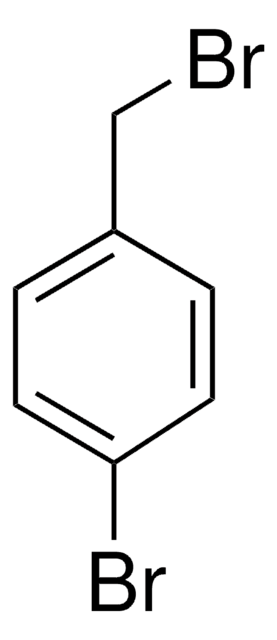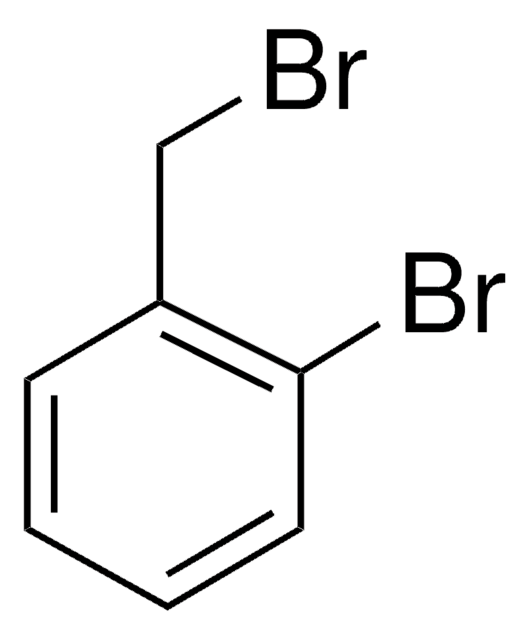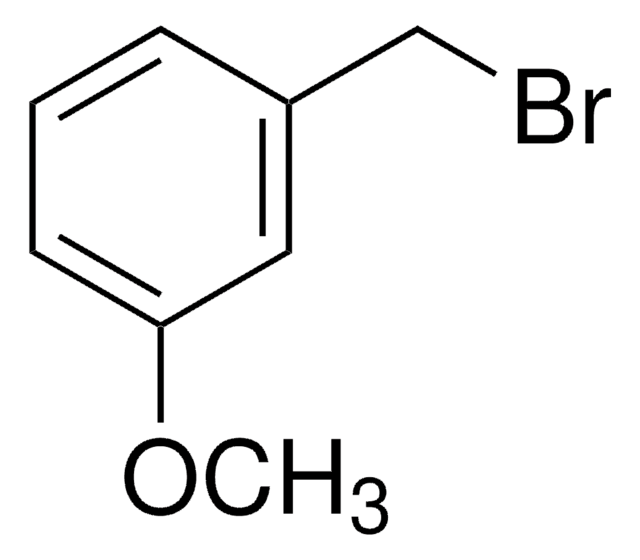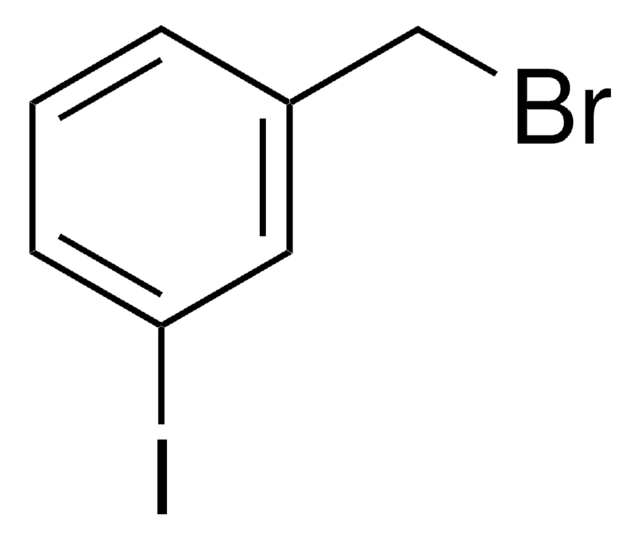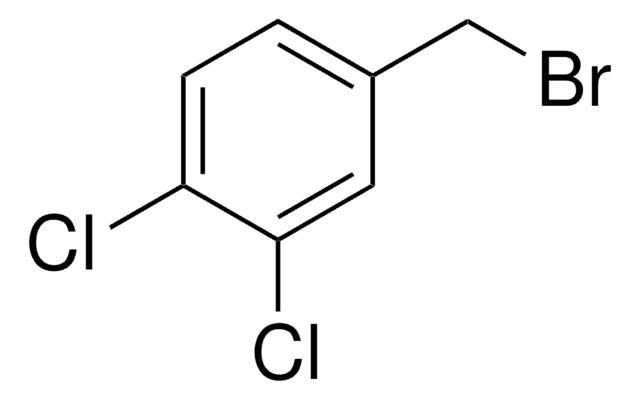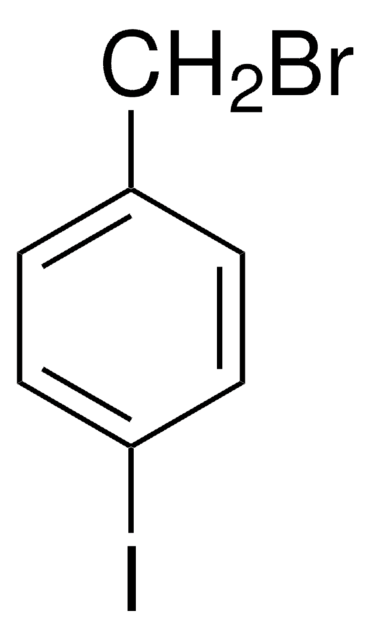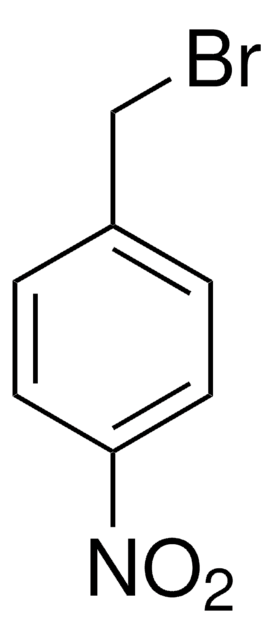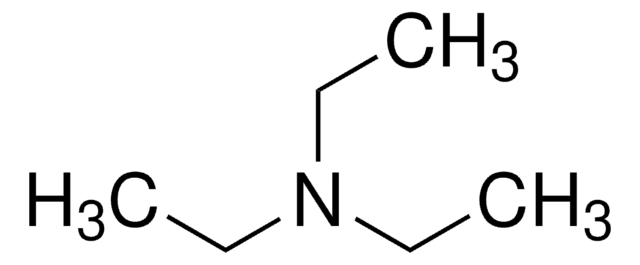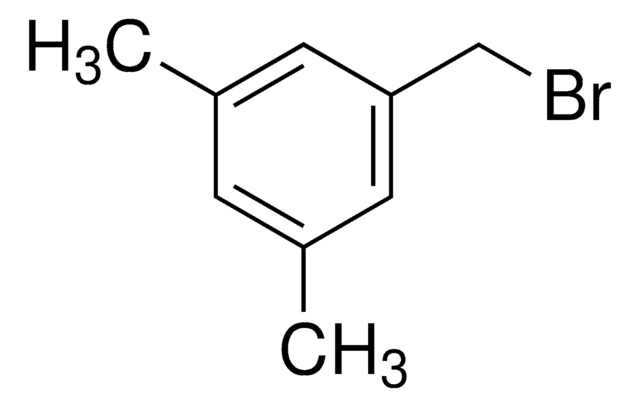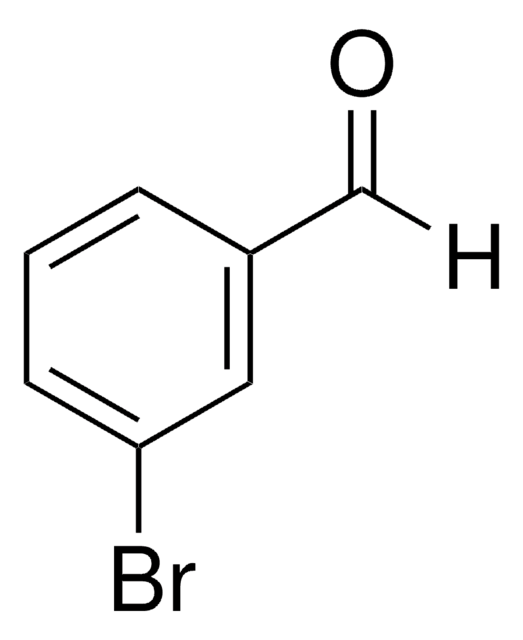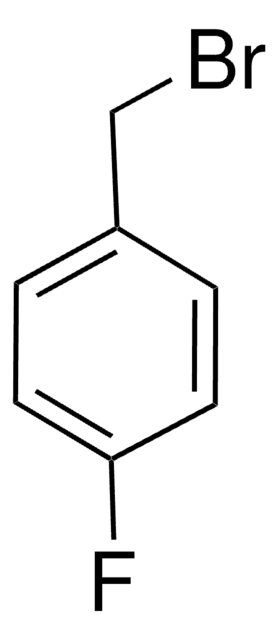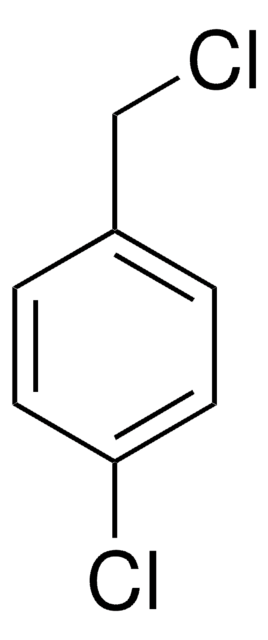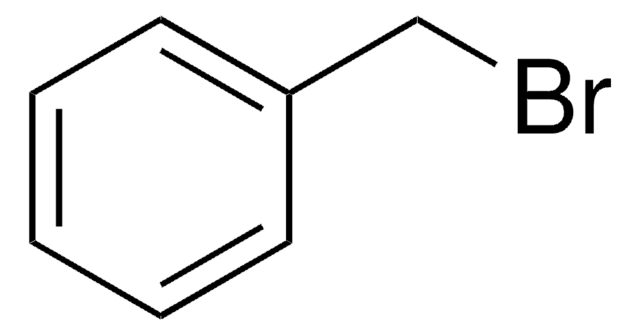187062
3-Bromobenzyl bromide
99%
Synonym(s):
α,3-Dibromotoluene
About This Item
Recommended Products
assay
99%
form
solid
mp
39-41 °C (lit.)
SMILES string
BrCc1cccc(Br)c1
InChI
1S/C7H6Br2/c8-5-6-2-1-3-7(9)4-6/h1-4H,5H2
InChI key
ZPCJPJQUVRIILS-UHFFFAOYSA-N
Looking for similar products? Visit Product Comparison Guide
Related Categories
General description
Application
- 1,7-di(3-bromobenzyl)cyclen
- substituted 8-arylquinoline, phosphodiesterase 4 (PDE4) inhibitors
signalword
Danger
hcodes
Hazard Classifications
Skin Corr. 1B
Storage Class
8A - Combustible, corrosive hazardous materials
wgk_germany
WGK 3
flash_point_f
235.4 °F - closed cup
flash_point_c
113 °C - closed cup
ppe
Eyeshields, Faceshields, Gloves, type P3 (EN 143) respirator cartridges
Certificates of Analysis (COA)
Search for Certificates of Analysis (COA) by entering the products Lot/Batch Number. Lot and Batch Numbers can be found on a product’s label following the words ‘Lot’ or ‘Batch’.
Already Own This Product?
Find documentation for the products that you have recently purchased in the Document Library.
Customers Also Viewed
Our team of scientists has experience in all areas of research including Life Science, Material Science, Chemical Synthesis, Chromatography, Analytical and many others.
Contact Technical Service